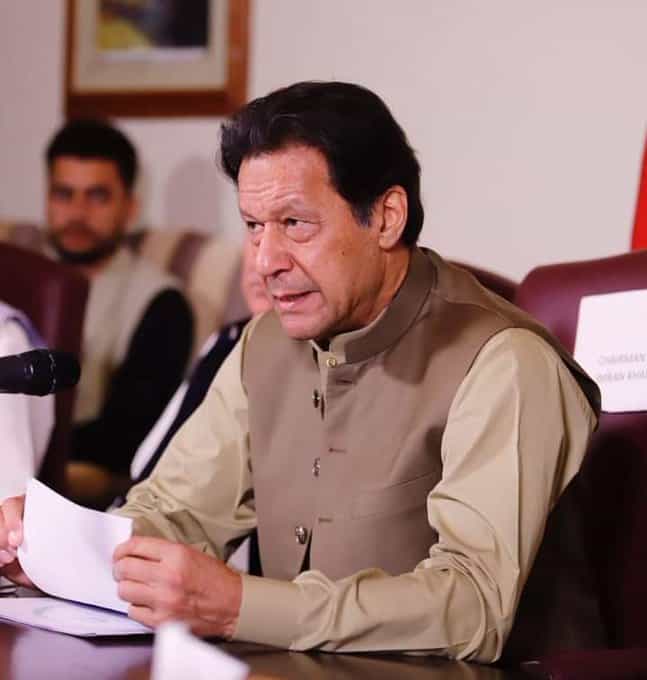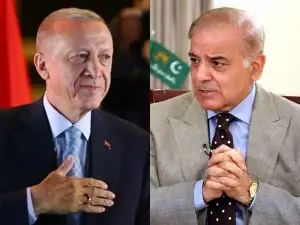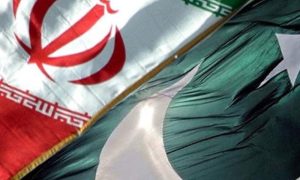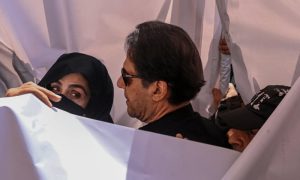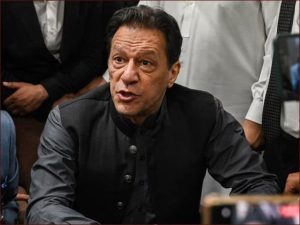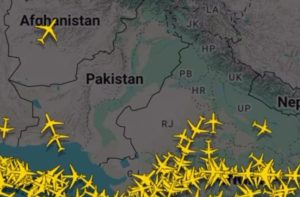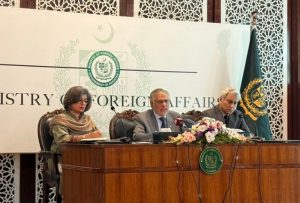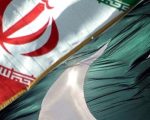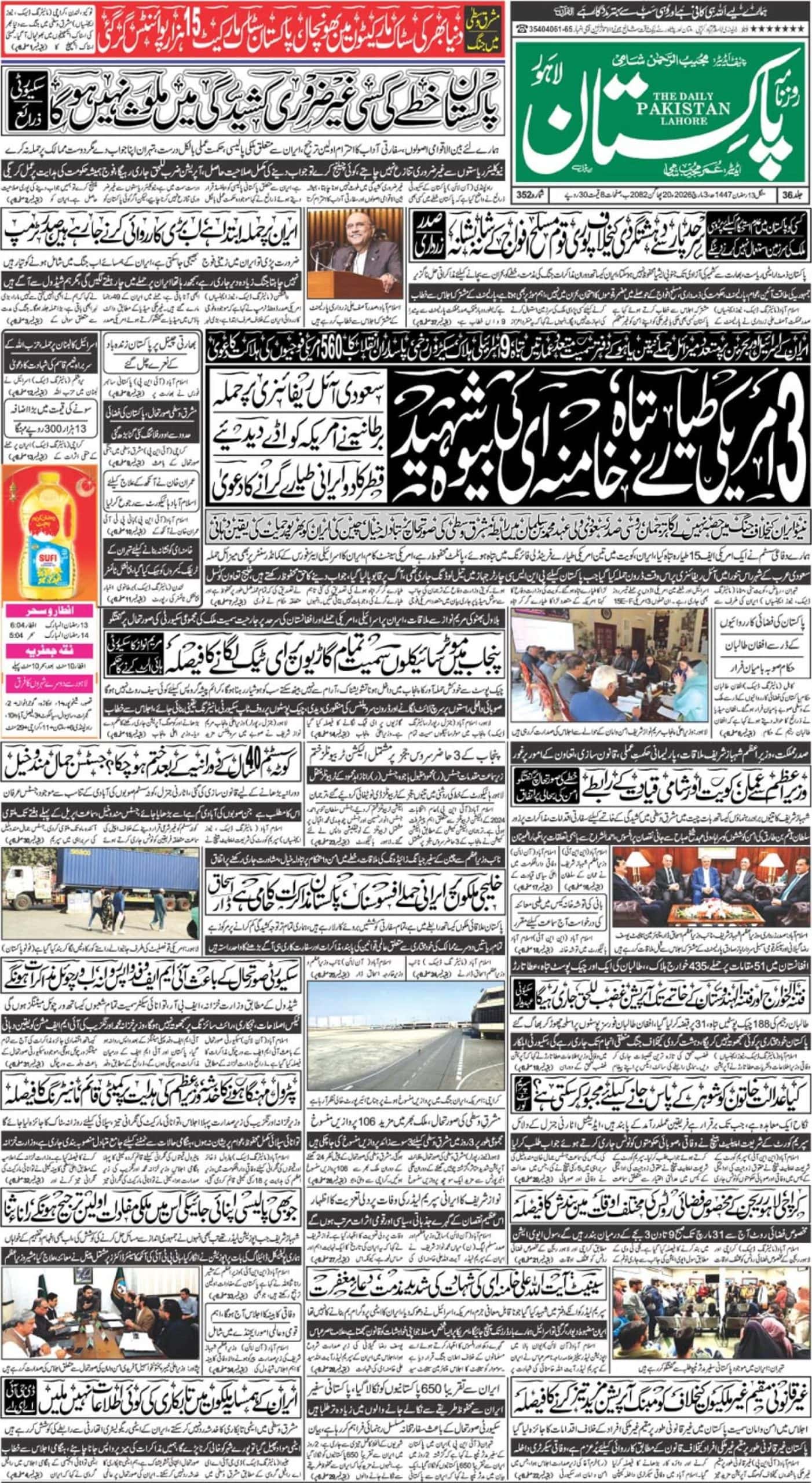The United Nations’ Working Group on Arbitrary Detention has declared that PTI founder Imran Khan’s detention and prosecution in the first Toshakhana case and the cipher case were “without legal basis” and politically motivated to exclude him from the political process.
The first Toshakhana case accuses Imran of “deliberately concealing” details of gifts he retained from the Toshakhana—a repository for presents given to government officials by foreign dignitaries—during his tenure as prime minister, and proceeds from their reported sales. The second Toshakhana case involves a reference against Imran and his spouse, Bushra Bibi, for retaining a jewelry set received from the Saudi crown prince based on an undervalued assessment.
On August 5, 2023, a trial court in Islamabad convicted the PTI founder in the first case filed by the Election Commission of Pakistan (ECP) and sentenced him to three years in prison. He was arrested by Punjab police later that day at his Zaman Park residence in Lahore.
Following his conviction, the ECP disqualified him for five years. However, the Islamabad High Court later suspended his three-year sentence.
The UN body adopted its opinion on the PTI founder’s detention during its 99th session from March 18-27, according to a document dated June 18.
Highlighting numerous legal inconsistencies and irregularities in the various court proceedings against the PTI chief, the body stated it was assessing whether Imran’s detention was arbitrary.
The working group concluded that his detention had no legal basis and appeared intended to disqualify him from running for political office, based on detailed and unrebutted submissions about the unlawful nature of the prosecution in the first Toshakhana case and the context of political repression of Imran and his party.
It expressed concern about Imran’s conviction in the first Toshakhana case, particularly the summary judgment delivered in absentia, and his subsequent arrest, during which law enforcement personnel broke into his residence and assaulted him and his staff, further compounding the illegality.
Regarding the cipher case, the working group noted that his prosecution “lacks a grounding in law” since his actions did not appear to have violated the Official Secrets Act, as apparently corroborated by the intelligence services based on unrebutted submissions.
The cipher case involves a diplomatic document that the Federal Investigation Agency’s charge sheet alleges was never returned by then-PM Imran, who claimed the document contained a threat from the US to topple his government.
In terms of his sentences in the second Toshakhana case and the Iddat case, the UN group observed: “The working group cannot but observe the coincidence in the timing of the four prosecutions, which effectively prevented Mr. Khan from contesting the general election originally scheduled for November 2023.”

